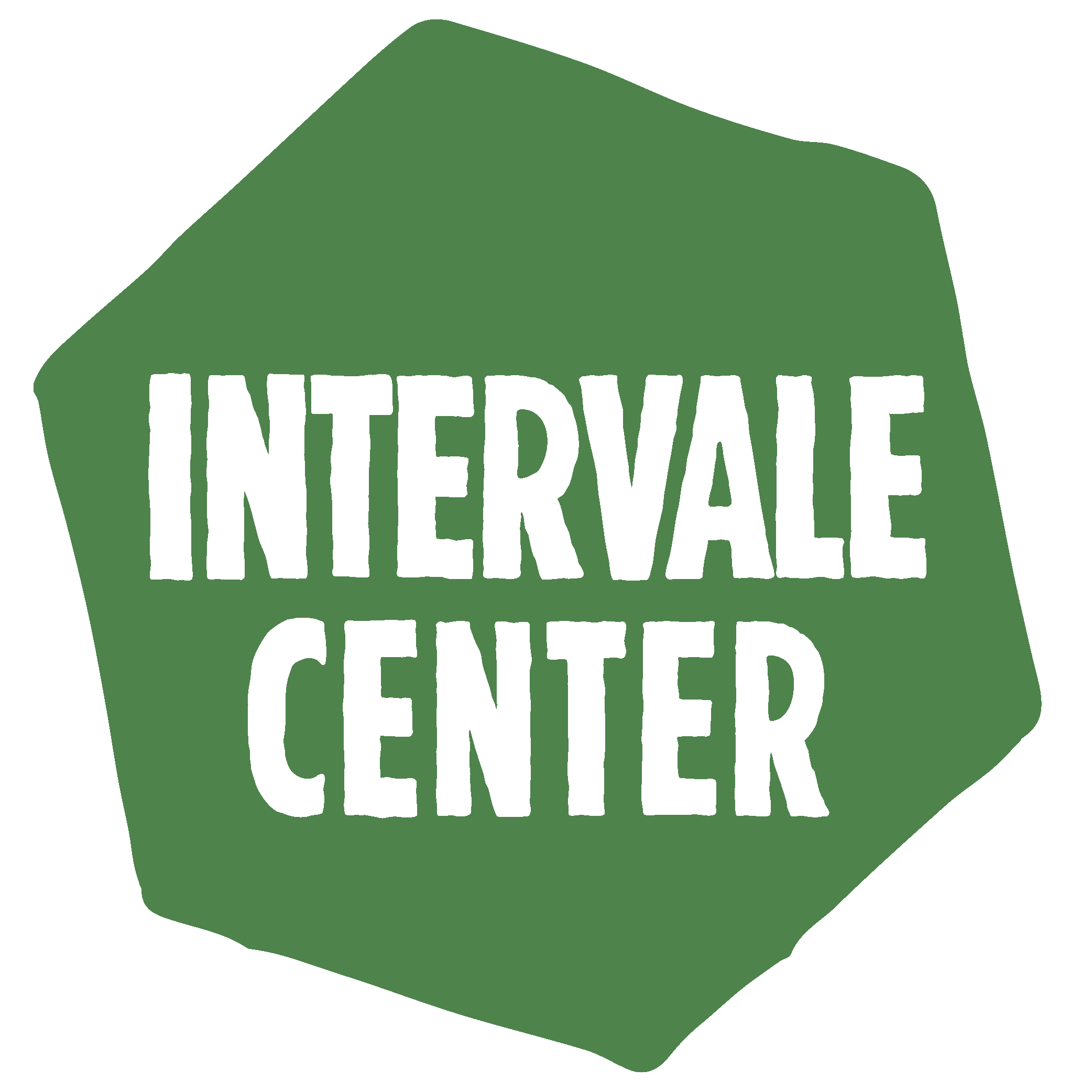Sharing Our Story: Visitors from Cuba
By Chelsea Frisbee
Last week, we were happy to host a Cuban delegation of leaders in sustainability and agroecology through the Vermont Caribbean Institute and the Cuba-U.S. Agroecology Network. The goals of the delegation’s visit to the U.S. were:
- To raise awareness in the United States about the advances made in agroecology and sustainable food systems in Cuba.
- To share with the Cubans examples of innovation production, distribution and consumer models for sustainable food systems.
- To inspire and motivate the people involved in both countries to continue their work and to strengthen ties between Cuba and the U.S.
On Wednesday, the group joined us at the Intervale Center for a tour of our place and programs. On Thursday, I joined them and other leaders in Vermont as part of a workshop to facilitate a learning exchange between Vermont and Cuba around urban agroecology, food systems, environmental services, and how we measure success. Representatives from Vermont Farm to Plate Network, Vermont Community Garden Network, Intervale Center UVM Farmer Training Program and UVM Agroecology & Livelihoods Collaborative gathered with 6 leaders from Cuba. Some of our discussion items were:
- How does food systems change happen – from the top down, or the bottom up?
- What strategies for food systems change have been effective in each country and how can we learn from each other?
- What do agroecology and permaculture mean to each of us?
- What do we see as the main challenges and opportunities to sustainable agriculture and food systems in our social, economic, ecological and political contexts?
- What are the overlaps between these challenges and opportunities that allow for learning between the two cultures?
We also discussed the cultural and political context that shapes fresh food markets and production in Cuba. We discussed the difference between food security and food sovereignty and the state of each in our respective countries. We discussed President Trump’s recent decision to undo the normalizing of relations that President Obama put into place, and the effects of sudden access to globalization on Cuban culture and markets. We discussed the evolution of Cuba’s small-scale organic agriculture that came out of the 1990s “Special Period” and the struggle to maintain that system now that oil is readily available. We all shared fears of climate change and its effect on our ability to produce food. We heard about permaculture as a means to produce food that is grounded in meditation, love, reflection and community.
This was the fourth Cuban delegation we’ve hosted in the past few years at the Intervale Center and the first time we have been involved in a more in-depth, intentional exchange of ideas. Personally, the short time spent with the group made me expand and reconsider my understanding of about time, language, permaculture, the role of government and civil society, and the intersection between food, culture and politics. We look forward to future collaboration and discussions as people all over the world work to create a more fair, sustainable food system!


